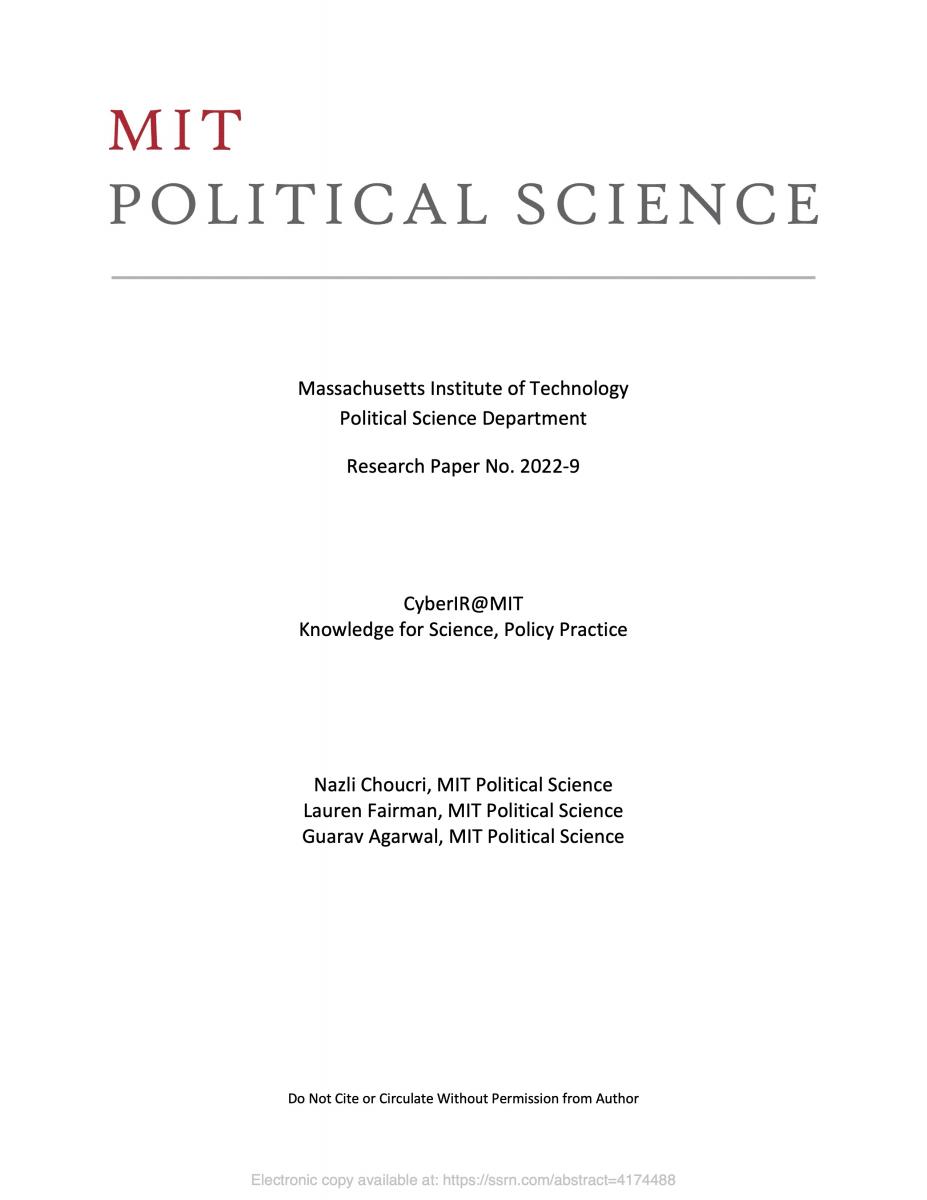URL:
Abstract:
This article conducts a qualitative analysis of the role of technology in international relations. The author broadly introduces the rationalist approach to understanding various technologies throughout history, but then focuses on two case studies: nuclear technology and cybersecurity. Both of these innovations reflect two main themes of technology in international relations. The first theme is that the relationship between technology and IR is reciprocal, in which technological innovation affects international relations but world politics also affects the pace and direction of technological innovation. The second main theme is that technological change has major implications for the economy and society in terms of the balance of power, actors, interests, norms, and organizations. Although the author uses both nuclear arms and cybersecurity to demonstrate these two themes, he also draws important distinctions between the two. He describes nuclear power as “prestige tech” which are developed by states due to large fixed costs and limited civilian applications; meanwhile, cybersecurity involves “general purpose tech” which is often developed by the private sector due to its lower fixed costs and high public utility. These properties influence the ways that nuclear arms and cybersecurity have influenced international relations in terms of the balance of power, actors and their interests, and international norms.
Year:
2019



